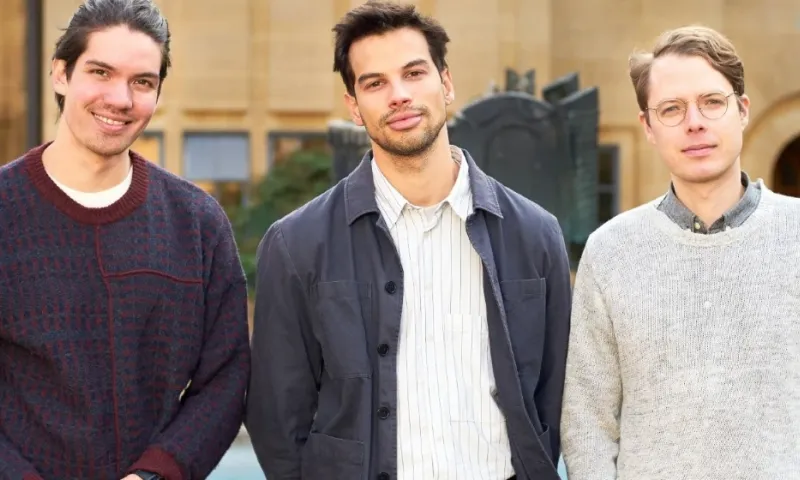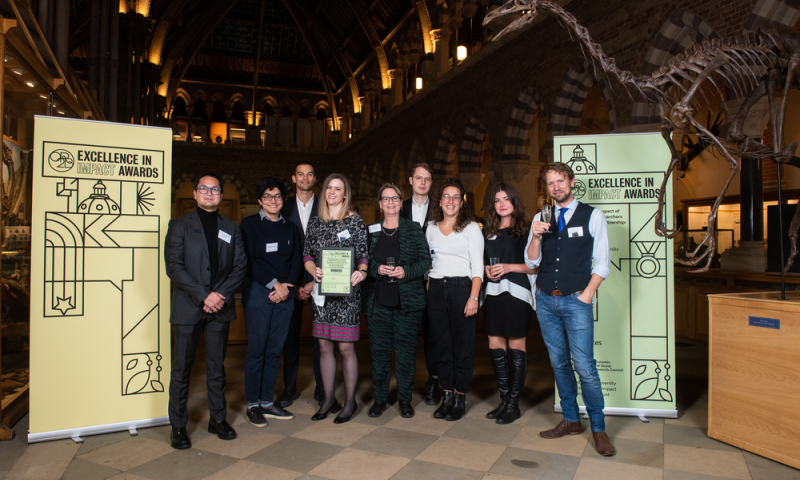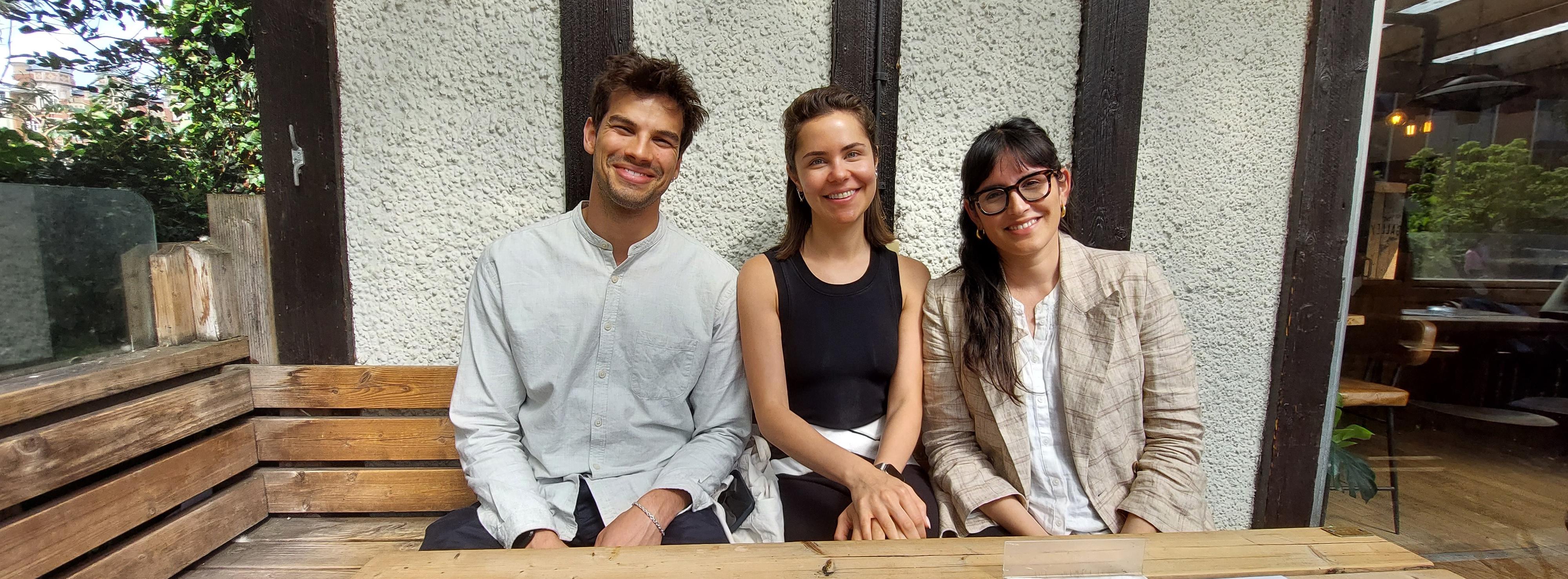Over the summer, the Leverhulme Centre for Demographic Science bid farewell to three amazing Postdoctoral Researchers: Arun Frey, Daniela Urbina and Ramina Sotoudeh. In this alumni spotlight, Dr Arun Frey reflects on his time at the Leverhulme Centre for Demographic Science and exciting future ahead.
How did you become interested in demography?
My PhD thesis examines the impact of immigration on conflict and social cohesion, and migration is one of the three pillars of demographic research. I am particularly interested in studying migration using new data and methods and was therefore drawn to the Leverhulme Centre for Demographic Science and its emphasis on digital and computational demography.
Why did you choose the Leverhulme Centre for Demographic Science?
Having studied in Oxford, I had the privilege of knowing most of the core LCDS team when I first applied. I therefore knew that the LCDS would be the perfect place to hone my research skills and learn from some of the giants in the fields demography and sociology. I also wanted to work for an academic institution that actively shapes policy-making and knew that the LCDS was the perfect fit, given its contributions to understand, explain, and curb the spread of the COVID-19 pandemic.
Tell us more about your research at the Centre
My research uses granular data to understand the relationship between technology, migration, and conflict. During my time at the centre I published articles on the causes of anti-refugee violence, the consequences of mass shootings, on using Twitter to study protest participation, and on the educational ramifications of the COVID-19 pandemic. What unites these projects is a common ambition to use computational methods and innovative (and sometimes strange) data to study pressing social problems.

Arun pictured in the middle with co-authors Per Engzell and Mark Verhagen were awarded the 2021 Cozzarelli Prize for their paper on Learning loss due to school closures during the COVID-19 pandemic which has been viewed over 508,000 times.
What have you enjoyed most about your time at Oxford?
My time at LCDS has been nothing short of wonderful. From the captivating Monday seminars to the elegant annual dinners and the lively lunchtime discussions at Nuffield, every moment has been a treasure. Witnessing the growth and transformation of the centre, from a small group of dedicated demographers to the interdisciplinary powerhouse it is today, has been truly inspiring.
It’s hard to pick a favourite moment, but I particularly cherish the memory of the O2RB awards ceremony at Oxford’s Museum of Natural History, which had us posing for photos with 200 million year old dinosaurs.

What’s next?
I’ve moved to California to start a new position as a Data Scientist at RegLab, Stanford University. The Regulation, Evaluation, and Governance Lab (or RegLab) designs, builds, and evaluates technologies to modernise government. Past projects include building machine learning solutions to improve public health enforcement, enforce environmental protection policies, and modernising the system for US tax collection. You can check out some recent projects here and here.


